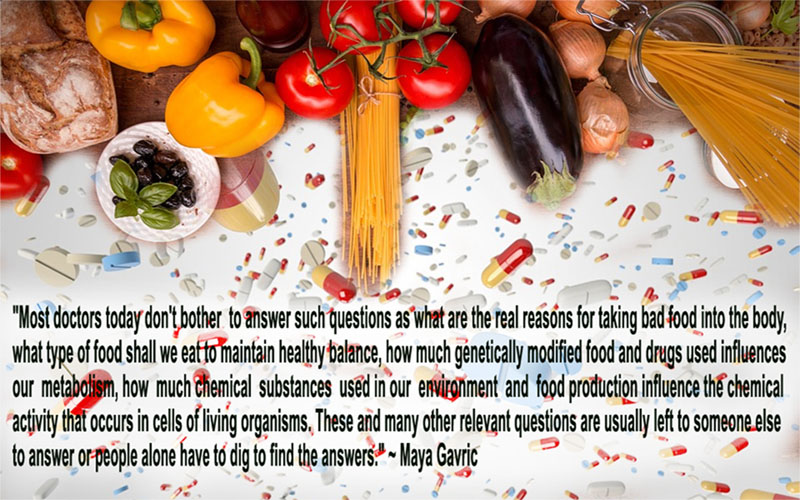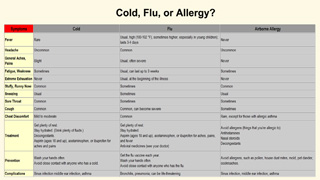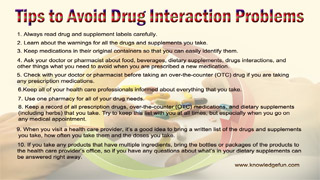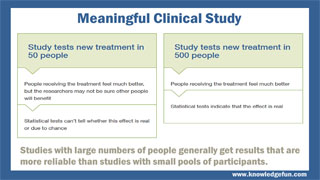Not getting the results you want despite dieting and working hard in the gym? Try strength exercise for a change, and learn few nutrition trends that can actually help.
Many of new trends are actually a return to nutrition basics. Some are more novel. Either way, exercise and healthier foods can help you blossom into a happy person with better health.
Prioritize protein - Protein rich foods can aid in muscle recovery and tissue growth. Plus protein makes you feel fuller than other macronutrients do. If you love beef please don't buy variety that's raised by most modern cattle farms in North America (which is corn-fed, antibiotic-laced, hormone-fattened variety that is woefully lacking in nutrients and unhealthy ingredients) and it's far from ideal for your consumption. Buy the RIGHT kind of beef you can find on the market. The very best kind of beef is free-range, grass-fed, organically farmed beef. Free-range, grass-fed, organically farmed beef means the animals' movements aren't confined to a small pasture, their diets are as close to what they'd naturally eat as possible, and they aren't being pumped full of synthetic drugs or growth-spurring hormones that can be passed along to consumers in their meat or milk. Right beef can be tricky to find and expensive, but it's worth it.
If you are vegetarian you can choose organic cheese, organic Greek yogurt, or boiled organic free-run eggs to aid in your muscle recovery and tissue growth. Hemp, soy and pea protein powder offer good vegan alternatives. Hemp's omega-3 content may even help reduce inflammation.
Include enough good fat in your diet - That's right, more fat! Numerous studies have shown that eating diet rich in vegetables, nuts, and fish with higher fat content can aid weight loss. Make sure that fat you choose is right fat, not trans fats, fats that come from fried and generally processed foods or excessive animal fats, which are still not good for us. Instead, focus on foods that contain healthy fats, like avocados, coconuts, nuts, wild salmon, organically farmed beef (free-range grass-fed), organic chicken, and organic free run eggs. Because these foods have high fat content, they are high in calories, so as with most dietary decisions, moderation is key.
Keto or ketogenic diet - A keto diet is a high-fat, moderate protein, very low-carb diet that involves drastically reducing carb intake and replacing it with moderate protein and high-fat foods to induce ketosis. Ketones are byproducts of the breakdown of fatty acids created by our liver when we don't have enough insulin to turn glucose into energy. Ketosis is a process that happens when our body doesn't have enough carbohydrates to burn for energy and begin using fat as a main fuel source. Keto diet is an effective way to optimize fat loss, increase energy, and enhance mental clarity and mood in some people.
Eat whole foods, preferably straight from the source - Try to purchase and eat foods that are as close to natural form as you can get them. Eating straight from the source means buying foods in their most basic forms and either consuming them as is or transforming them yourself. That way you can ensure no extra unhealthy fats, sugars, salts, preservatives or other unhealthy ingredients are added to your food. Also, that is the best way to ensure the nutrients in your food are preserved, not deteriorated or destroyed during processing.
Restrictive diet to improve digestive health - Digestive health can have a huge impact on overall health and well-being. With so many people affected by IBS (irritable bowel syndrome) and SIBO (small intestinal bacterial overgrowth), a wave of new and old diets emerged (like low-FODMAP, SCD, AIP, and controversial GAPS diet) to help those afflicted to manage their symptoms, and to help people who have allergies and inflammatory reactions to particular foods. Keep in mind that restrictive diet can be challenging, but for people with digestive problems this type of diet is often the only solution. Try supporting your gut health with fermented foods, probiotics, fiber, and fermented greens supplements. It takes guts and time to make healthy changes, so try individual foods and supplements or multi front treatment and see what works for you.
Note: Also, it is good idea to work with a health care professional and qualified nutritionist to find the diet that best suits your health situation and particular nutritional needs.










